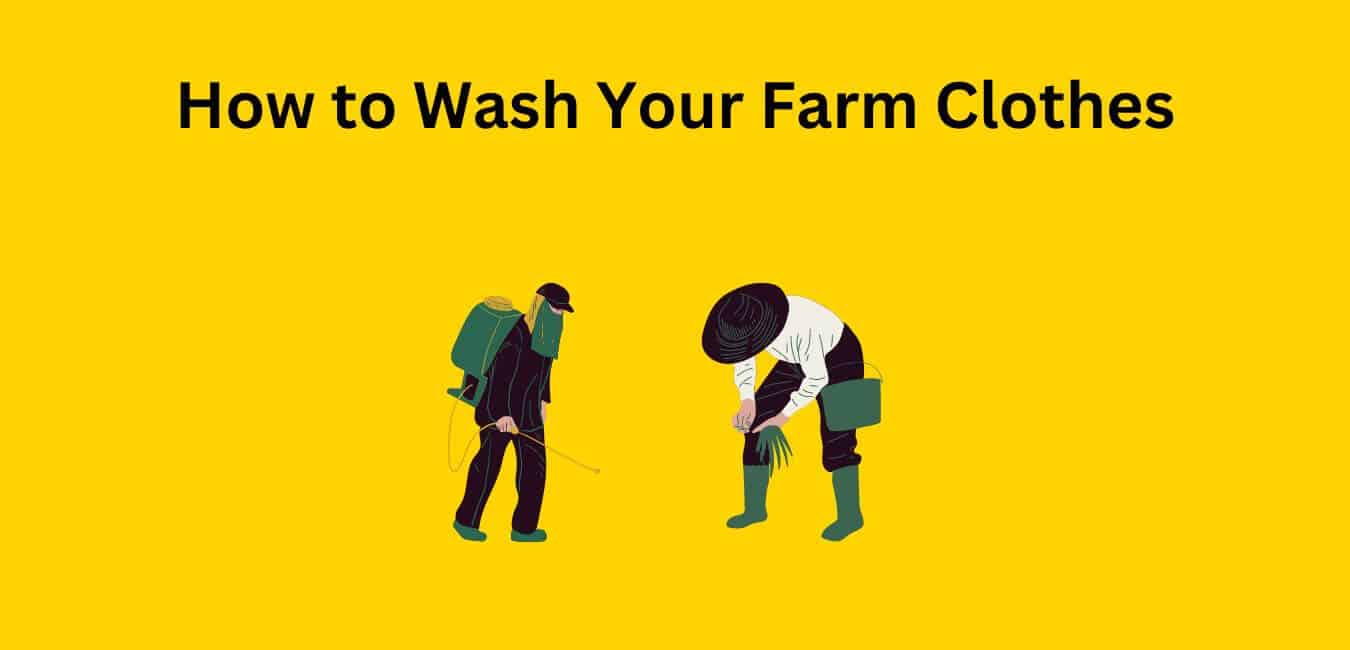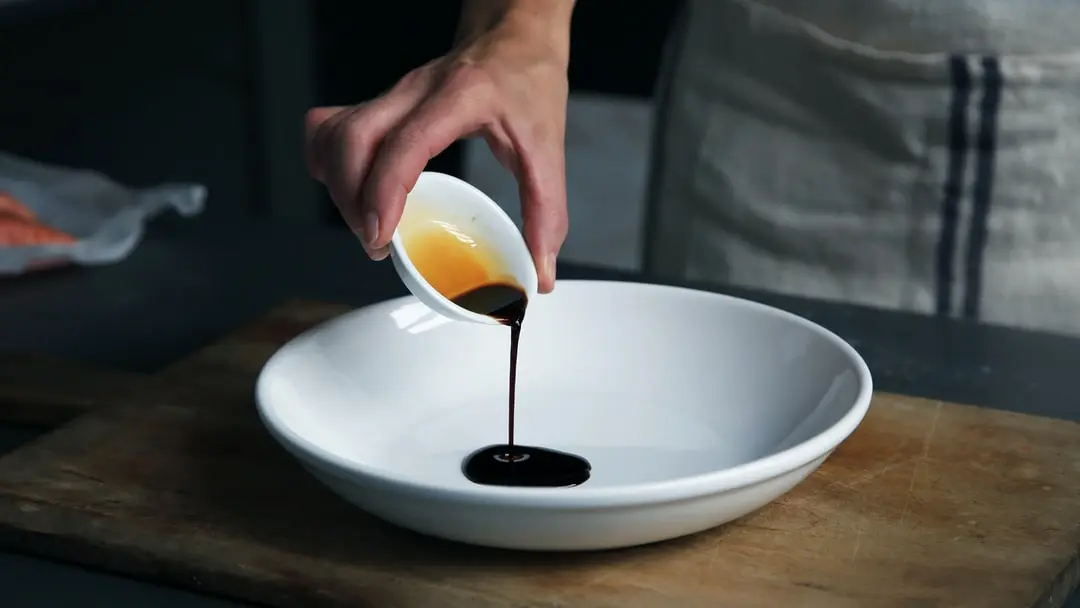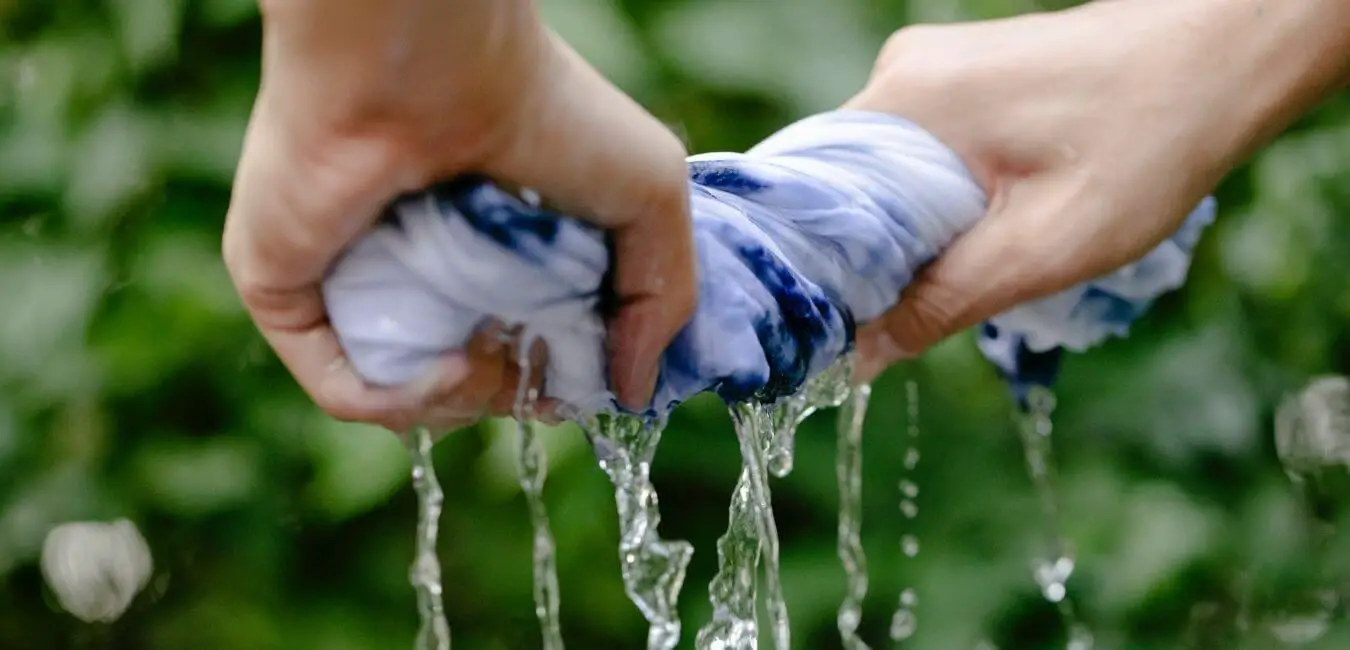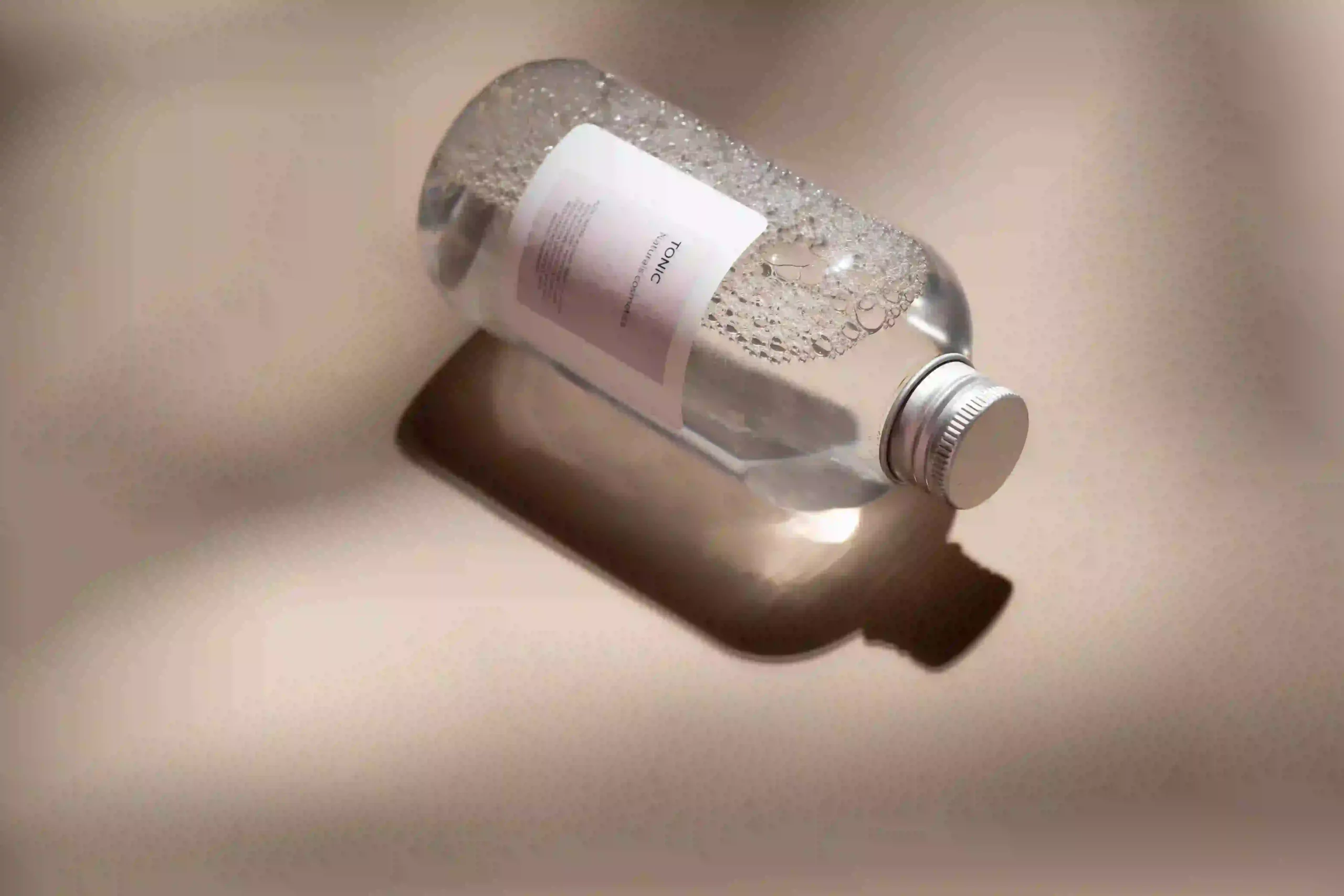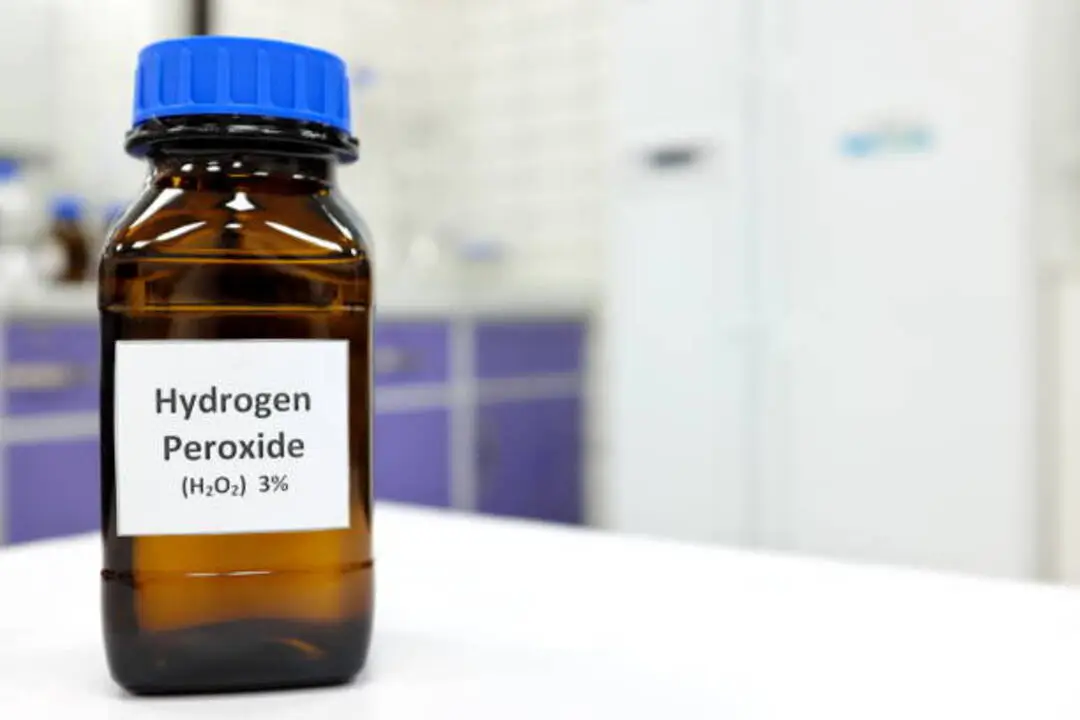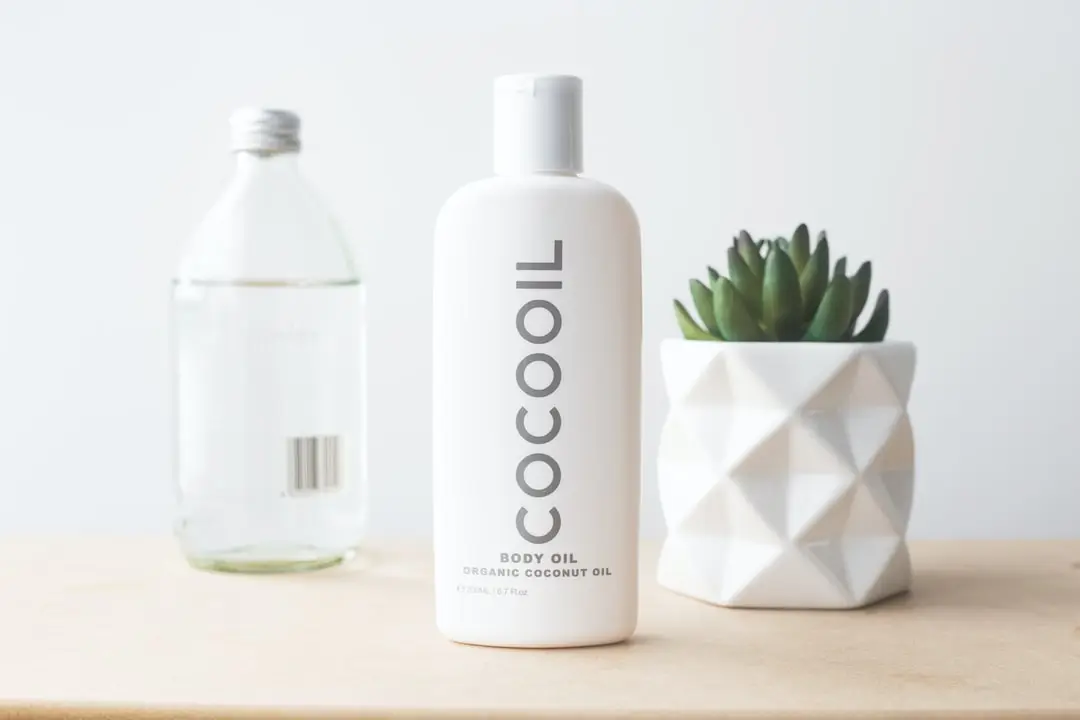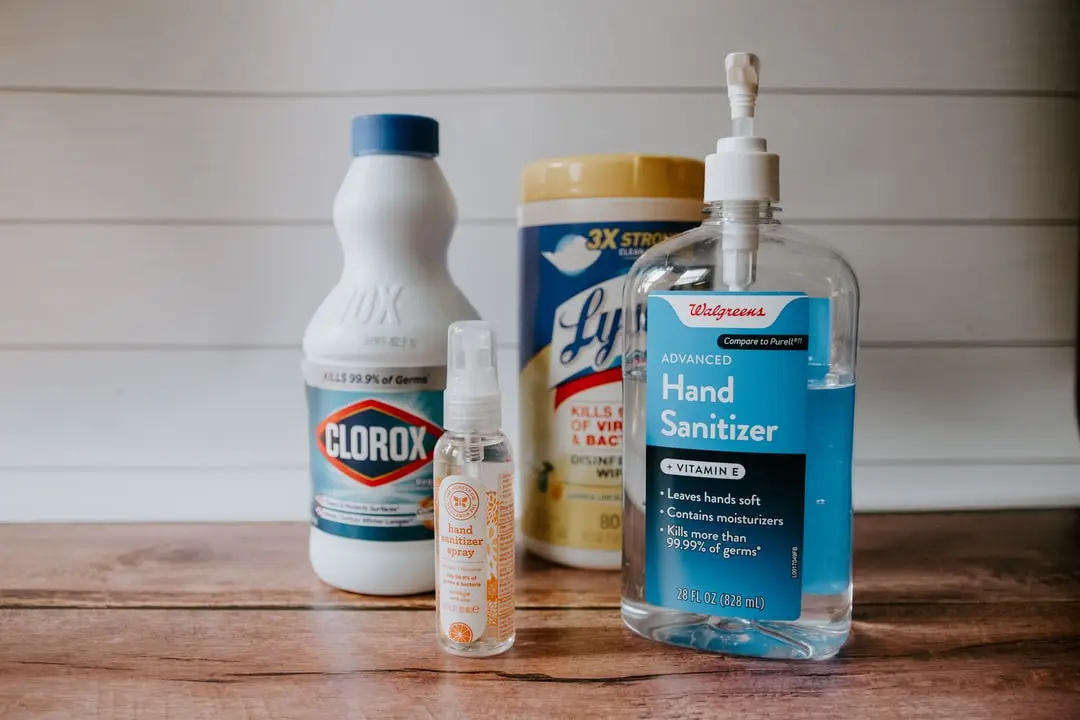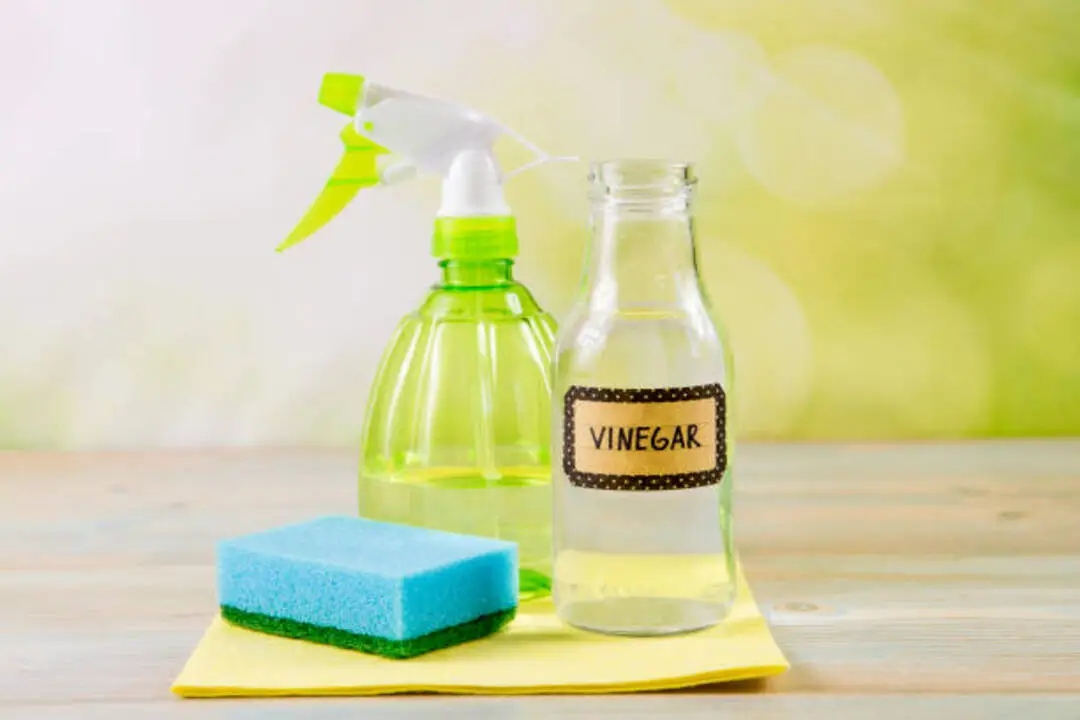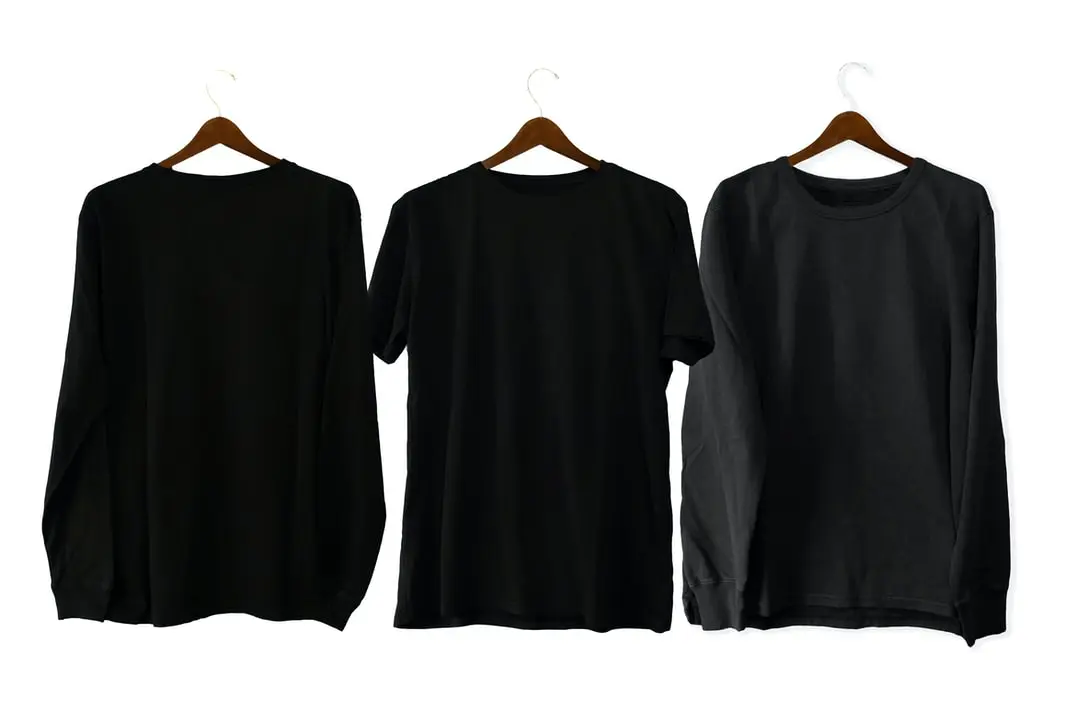Are you tired of spending hours washing your work clothes after a long day on the farm? It’s time to rejoice, because we have found the best detergents for your dirty workwear.
These detergents not only remove tough stains and odors, but they are also gentle on your clothes and environmentally friendly. Say goodbye to the tedious task of washing your farm clothes and hello to more time for yourself.
We understand that as a farmer, your time is precious. That’s why we’ve done the research for you and compiled a list of the best detergents for your specific needs. From pre-treatment options to specialized products, we have got you covered.
We also provide tips on properly washing your farm clothes, including separating them and layering them for optimal cleaning. Don’t let the chore of washing your work clothes weigh you down any longer. It’s time to reclaim your freedom and enjoy more time for yourself with the best detergents for your dirty workwear.
Key Takeaways
- Washing farm clothes can be a time-consuming and tedious task, but there are steps that can be taken to make it easier.
- Pre-treating clothes with vinegar, ammonia, hydrogen peroxide, and baking soda is recommended, and stubborn stains can be treated with liquid laundry detergent or dishwashing liquid.
- The best detergents for farmers are potent formulations that remove most types of stains and smells, add scent if necessary, are environmentally friendly, and are gentle on clothes.
- Farmers should keep their farm clothes separate from everyday clothes, wear layers, and invest in a washing machine solely for farm clothes. Proper disposal of empty detergent containers is also important for safety.
Washing Farm Clothes
If you’re a farmer, you understand the importance of keeping yourself and your clothes clean after a day of hard work in the fields. Proper laundering procedures can help avoid re-exposure to pesticide residues and other contaminants.
Step-Step Tips on Properly Washing Your Farm Clothes
Here are step-by-step tips on properly washing your farm clothes:
1. Remove contaminated clothing immediately.
It’s essential to remove pesticide-contaminated clothing after pesticide application to avoid exposure to the applicator or other family members. Wear chemical-resistant gloves when handling pesticide-contaminated clothes, and change into clean clothes before going home for the day.
2. Wash contaminated clothes immediately.
Where possible, wash contaminated clothing immediately to avoid prolonged exposure to pesticide residues. If this is not possible, store it separately from your family’s laundry and wash it separately.
3. Separate clothes for washing:
Wash only a few items at a time and do not mix them with regular laundry. Sort the clothes by color, type, and level of dirtiness to protect the fibers.
4. Use hot water and the highest water level:
Wash clothes in hot water and use the highest water level on the regular wash cycle. This will help remove all pesticide and other contaminant residues from the clothes.
5. Run the empty washer through another cycle:
After washing, remove the clothes from the machine and run the empty washer through another cycle with hot water and detergent before laundering other clothing. This step will ensure the machine is thoroughly cleaned and eliminate any potential pesticide residue.
6. Line-dry the clothing:
If possible, line-dry the clothing to reduce the environmental impact of drying. Alternatively, you can use the regular dryer setting. However, if the clothing is heavily soiled with pesticides, dispose of it following the manufacturer’s instructions.
7. Wear personal protective equipment:
Always wear the appropriate personal protective equipment when applying pesticides, and clean uncontaminated clothing before wearing it again. Also, when possible, wear chemically resistant disposable (non-reusable) coveralls over your clothing when applying pesticides.
Hand-washing clothes can be a sustainable practice that can also help preserve their fibers. However, for pesticide-contaminated clothing, machine washing is necessary to ensure proper cleaning. By following the above steps, you can ensure your farm clothes’ safety and prolong their lifespan.
Pre-Treatment Options
To effectively remove dirt and stains from your farm clothes, start by pre-treating them with a combination of cold water, vinegar, ammonia, hydrogen peroxide, or baking soda. These pre-treatment options will help loosen up the dirt and grime, making it easier for your laundry detergent to penetrate and remove stains.
Choosing the right pre-treatment method can make a big difference in the effectiveness of your laundry routine.
For example, if you’re dealing with stubborn stains caused by animal waste, enzymatic cleaners are the way to go. These cleaners contain special enzymes that break down the proteins found in animal waste, making them easier to wash away.
Additionally, enzymatic cleaners are gentle on fabrics, making them a great choice for those with sensitive skin.
Overall, taking the time to pre-treat your farm clothes can make a huge difference in the cleanliness and longevity of your workwear.
| Pre-Treatment Method | Benefits |
|---|---|
| Cold water | Loosens dirt and grime |
| Vinegar | Helps eliminate odors |
| Ammonia | Helpful for removing grease stains |
| Hydrogen peroxide | Effective for removing blood stains |
| Baking soda | Helps to whiten clothes |
Step-by-step tips on properly pre-treating your farm clothes
1. Identify the Stain: Before applying any pretreatment solution, identify the type of stain you are dealing with. Different stains require different treatments, so knowing what you are up against is important.
2. Act Fast: The longer a stain sits, the harder it is to remove. As soon as you notice a stain, try to pretreat it right away. This will give you the best chance of removing the stain completely.
3. Choose the Right Pretreatment Solution: There are a variety of pretreatment solutions available, each with their own unique properties. Choose one that is appropriate for the type of stain you are dealing with. Here are a few options:
– Enzyme-based detergents: These are designed to break up proteins and are effective on many types of stains.
– White Vinegar: For stains on 100% cotton or polyester, pour white vinegar on the stain and wash as usual.
– Baking Soda: Mix 2 parts baking soda with 1 part warm water and spread the resulting paste on the stain. Let it dry and wash normally.
4. Follow Directions: Make sure to carefully read the instructions on the pretreatment solution you choose. Apply the solution according to the directions, and be sure to test it on a small, hidden piece of fabric first to ensure it is safe for your clothes.
5. Soak the Clothes: For particularly stubborn stains, you may need to soak the clothes in the pretreatment solution for several hours or even overnight. Follow the directions on the solution and be patient. The longer the clothes soak, the more effective the pretreatment will be.
6. Wash as Usual: Once you have pretreated the stain, wash the clothes as you normally would. Be sure to use the appropriate cycle and water temperature for the fabric and type of stain you are dealing with.
By following these steps, you can effectively pretreat and remove stains from your farm clothes. Remember to act fast, choose the right pretreatment solution, follow the directions, soak the clothes if necessary, and wash as usual. With a little effort and patience, you can keep your clothes looking clean and fresh, no matter how tough the stains may be.

Stubborn Stain Treatment
For stubborn stains on your farm clothes, don’t worry, there’s still hope. The following are some of the steps to follow when treating stubborn stains.
How to treat stubborn stains on farm clothes:
Option 1: Liquid Laundry Detergent or Dishwashing Liquid
- Apply a drop of liquid laundry detergent or dishwashing liquid directly onto the stain.
- Rub the detergent gently into the fabric using your fingers or a soft-bristled brush.
- Let the detergent sit on the stain for at least 5 minutes.
- Wash the garment in the washing machine as usual.
Option 2: Distilled White Vinegar, Ammonia, or Hydrogen Peroxide
- Mix equal parts of the chosen remedy (distilled white vinegar, ammonia, or hydrogen peroxide) with water.
- Apply the mixture directly onto the stain.
- Let the mixture sit on the stain for at least 30 minutes.
- Wash the garment in the washing machine as usual.
Option 3: Baking Soda or Lemon Juice
- Make a paste by mixing baking soda or lemon juice with water.
- Apply the paste directly onto the stain.
- Let the paste sit on the stain for at least 30 minutes.
- Wash the garment in the washing machine as usual.
Note: Always spot-test a small area of the garment first before applying any pre-treatment solution. Rinse and wash the garment thoroughly after pre-treating to avoid any residue or discoloration.
Recommended Detergents
Looking for a potent laundry detergent that removes stains, eliminates smells, and is gentle on your clothes? Check out these recommended options for washing your farm clothes.
1. Rockin Green Active Wear Laundry Detergent Powder – This all-natural laundry detergent is ideal for cleaning tough stains and odors from long workouts. It is dermatologist-tested, hypoallergenic, formulated with plant-based enzymes, and suitable for all washing machines.
2. Biokleen Bac-Out Stain+Odor Remover – This probiotic enzyme cleaner has a strong proprietary formula that breaks down complex organic proteins, pet stains, hair, grease, fats, and oils. It is also effective against odors and is non-corrosive, non-flammable, non-acidic, pH neutral, paraben-free, pet safe, and cruelty-free – a perfect product for a farmer.
3. Tide – Coldwater Clean – This laundry detergent is specially formulated to work in cold water, making it ideal for farmers who want to save on energy bills and reduce their carbon footprint. It is also effective against tough stains and has a great scent.
4. Arm & Hammer – Clean Burst – This is a cost-efficient laundry detergent that is tough on stains and gentle on clothes. It is ideal for removing ground-in dirt, grass stains, and residue from oils, mud, and grime.
5. Seventh Generation – Free & Clear – This laundry detergent is all-natural, hypoallergenic, and gentle on sensitive skin. It is effective against tough stains and has a fragrance-free formula.
6. Dr. Bronner’s – Sal Suds – This laundry detergent is made with biodegradable ingredients and has a concentrated formula that is gentle on clothes yet tough on dirt and grime. It is free of synthetic preservatives, detergents, foaming agents, and chlorine.
7. Molly’s Suds – All Sport Laundry Wash – This laundry detergent is specially formulated for athletic clothes and activewear. It removes tough stains and odors and extends the life of clothes. It is also biodegradable, non-toxic, and safe for all washing machines.
Washing Temperature
You can ensure that your farm clothes are properly sanitized by washing them at a temperature of 140F (60C) or higher. This high temperature eliminates bacteria and other harmful microorganisms that may have accumulated on your clothes while working on the farm.
Scent Boosters
Now that you know the ideal temperature for washing your farm clothes, let’s talk about scent boosters. While they’re not necessary, they can add a pleasant fragrance to your clothes after washing. However, keep in mind that scent boosters are not a substitute for proper cleaning and odor elimination.
Try these seven scent boosters for washing your farm clothes:
1. Epsom Salt: Epsom salt not only helps to remove dirt and odor from your clothes, but it also acts as a natural fabric softener.
2. Baking Soda: Baking soda is another natural ingredient that helps to fight laundry odor and improve the performance of your detergent.
3. White Vinegar: White vinegar is a great natural alternative to fabric softener. It helps to remove odor and residue from your clothes while leaving them feeling soft and fresh.
4. Essential Oils: Essential oils like lavender and lemon add a natural and pleasant scent to your clothes. Just add a few drops to your washer or dryer for a fresh aroma.
5. Scent Boosting Laundry Detergent: Specially formulated laundry detergents like Snuggle and Downy contain scent boosters that leave your clothes smelling fresh and clean.
6. Scent Boosting Crystals: Similar to laundry detergent, scent boosting crystals like Purex and Gain offer long-lasting fragrance to your clothes.
7. Dryer Sheets: If you prefer using dryer sheets, opt for those with added scent boosting technology like Bounce or Gain. These sheets not only soften your clothes, but leave them smelling fresh.
With these seven scent boosters, you’ll never have to worry about your farm clothes smelling bad again. Just choose the method that works best for you and enjoy the fresh scent of clean clothes.
Drying Methods
Consider drying your farm clothes outside on a clothesline to help eliminate odors and have an antibacterial and sanitizing effect. Air drying your clothes is an energy-efficient alternative to using a dryer, and it can also help preserve the life of your clothing by avoiding the wear and tear caused by tumble drying.
Additionally, clotheslines are an excellent option for farmers who are looking for ways to reduce their carbon footprint and decrease their reliance on fossil fuels. By harnessing the power of the sun and the wind, you can dry your clothes without using any electricity or gas, which isn’t only good for the environment but also for your wallet.
Aside from being an eco-friendly and cost-effective option, air drying your farm clothes on a clothesline can also provide additional benefits. The fresh air and sunlight can help eliminate bacteria, mold, and mildew that may have accumulated on your clothes, resulting in a fresher and cleaner smell.
Additionally, the sun’s UV rays can act as a natural disinfectant, killing any remaining bacteria on your clothes. So, next time you’re doing laundry, consider ditching the dryer and take advantage of the benefits of air drying your farm clothes on a clothesline.
Separating Farm Clothes
When separating your farm clothes, did you know that a study found that washing machine loads with a mix of regular and work clothes had 4 times more bacteria than loads of just work clothes? This is why it’s important to keep your farm clothes separate from your everyday clothes.
Not only does it reduce the spread of bacteria, but it also helps to prolong the life of your clothes. Here are some tips for storage and choosing the right washing machine for your farm clothes:
- Store your farm clothes in a separate area from your everyday clothes to avoid cross-contamination.
- Consider investing in a washing machine solely for your farm clothes to avoid damaging your everyday clothes or exposing them to bacteria.
- Look for a washing machine with a long washing program and high temperature settings to ensure a deep clean and eliminate bacteria effectively.
- Avoid overfilling the washing machine to ensure that each item of clothing is thoroughly cleaned.
- Remember to clean your washing machine regularly to eliminate buildup and maintain optimal performance.
Layering Tips
Layering your farm clothes is an effective way to stay warm and comfortable while working outdoors. Not only does it provide extra insulation, but it also allows you to remove layers as you warm up throughout the day.
When layering, it’s important to consider the materials and thickness of each layer. Start with a moisture-wicking base layer, such as a thermal shirt, to keep sweat away from your skin. Add a middle layer, such as a fleece or sweater, for warmth. Finish with an outer layer, such as a waterproof jacket, to protect against rain and wind.
Layering benefits go beyond just comfort and warmth. It also helps with farm clothing maintenance. By wearing multiple layers, you can easily remove and wash the soiled layers while keeping the cleaner layers intact. This not only saves time but also prolongs the life of your farm clothes.
Remember to wash each layer separately and use the recommended detergents and pre-treatments to get rid of stubborn stains and odors. With proper layering and maintenance, your farm clothes will not only last longer but also keep you comfortable and protected during your work on the farm.
Laundry Detergent Safety
To ensure the safety of yourself and those around you, it’s important to properly dispose of empty laundry detergent containers as they can be toxic and harmful if ingested, with over 10,000 calls to poison control centers in the US alone in 2020. Laundry detergents typically contain chemicals like surfactants, enzymes, and fragrances that can cause skin irritation, respiratory problems, and even poisoning if consumed. It’s crucial to keep these containers away from food or animal feeds, and dispose of them properly to avoid any potential harm.
Here’s a table that shows the toxicity levels of some common laundry detergent ingredients:
| Ingredient | Toxicity Level |
|---|---|
| Sodium Lauryl Sulfate | Moderate |
| 1,4-Dioxane | High |
| Fragrance | High |
| Enzymes | Moderate |
| Ethoxylated Alcohols | Low |
By being aware of these toxicity levels and properly disposing of laundry detergent containers, you can ensure the safety of yourself and those around you. Consider using eco-friendly and hypoallergenic detergents to minimize harm to the environment and your skin.
Frequently Asked Questions
Are there any eco-friendly options for washing farm clothes?
Looking for sustainable solutions for washing farm clothes? There are environmentally conscious alternatives such as using plant-based laundry detergents and adding distilled white vinegar or baking soda to pre-treat stubborn stains. You can keep your clothes clean without harming the environment.
Can I use regular fabric softener on my farm clothes?
Using regular fabric softener on your farm clothes can reduce their durability over time. Consider using fabric softener alternatives like vinegar or dryer balls to keep your clothes soft without damaging them.
How often should I wash my farm clothes?
You may be tempted to wear your farm clothes multiple times, but for hygiene reasons, it’s best to wash them after every use. Keep your clothes fresh and clean with regular washing to avoid bacteria buildup.
Are there any natural alternatives to commercial laundry detergents?
Looking for eco-friendly alternatives to commercial laundry detergents? You can make your own DIY solutions using ingredients like baking soda, vinegar, and essential oils. Not only is it better for the environment, but it gives you freedom from harsh chemicals.
Can I wash my farm clothes with other household laundry?
Did you know that washing farm clothes with other household laundry could lead to cross contamination? Separate washing is crucial to prevent this. Don’t let your desire for convenience compromise safety.
Conclusion
You’ve made it to the end of the article, and now you’re ready to tackle that mountain of dirty farm clothes with confidence! With the recommended detergents and pre-treatment options, you’ll be able to say goodbye to stubborn stains and unpleasant odors.
And don’t forget about the layering tips and laundry detergent safety precautions – you’re practically a laundry pro now! Gone are the days of spending hours scrubbing away at dirt and grime, thanks to these amazing detergent options.
Your farm clothes will come out looking and smelling better than ever before. So go ahead, farmers, rejoice! Laundry day just got a whole lot easier.
